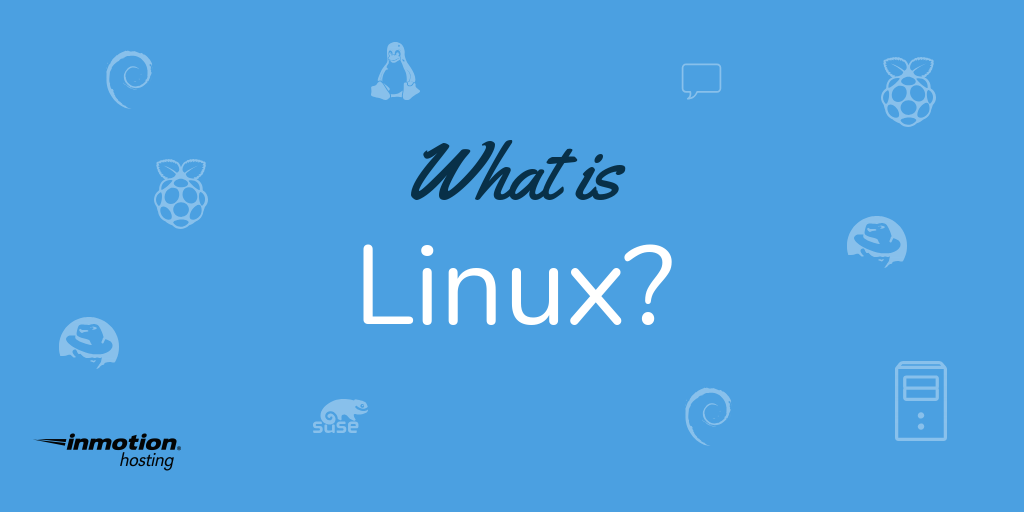
Linux (or, the Linux kernel) is an open source software project that powers a wide variety of computing applications. Many of the world’s most popular websites run on Linux-powered software. The Android phone operating system runs on a modified version of the Linux kernel.
What is the Linux Kernel?
A kernel is basically a set of instructions that speak directly to a computer processor. Given these instructions, advanced software packages (like entire operating systems) can function as needed.
Is Linux Free?
Yes, Linux is free depending on what kind of application you’re running and how you govern its usage. For example, operating systems that run on a “GNU/Linux” platform are free to download, modify, and use for personal applications. Enterprise Linux, selling software services, or related commercial entanglements may come with non-free licensing terms. This brings up an interesting point about open source vs proprietary software. Many Linux-based operating systems ship with proprietary (as in non-free) software components, which you can use without a monetary transaction but may inhibit other activities (such as selling that software in a package with other free software).
Who is Linus Torvalds?
Linus Torvalds began creating the Linux kernel in 1991 and, with the help of volunteers created what we know as Linux today.
Linux or GNU/Linux?
Terms surrounding the use of Linux vary slightly depending on who you’re talking to or what kind of manual you’re reading. When learning how to use Linux it can be difficult to figure out what these various terms mean and how they’re different.
Often, you’ll notice some users say “Linux” to refer to anything from open source operating systems to their favorite set of software tools. Likewise, the “GNU/Linux” term might be applied to the same set of tools.
Don’t let these different terms confuse you. “Linux” is often meant to refer to the Linux kernel itself regardless of what software is running on it. “GNU/Linux” often refers to the combination of the Linux kernel and various free software packages. Most often, “Linux” is used as a blanket term to cover the kernel, the software and the philosophy.
What’s the Difference Between Linux and UNIX?
UNIX was a popular operating system from the 1970s with many passionate users. Those most dedicated to enhancing UNIX noted that the proprietary system could be easily modified in accordance with its terms of service.
The Linux kernel reproduced the best features of UNIX under a non-proprietary licensing structure. This meant the software could be modified or enhanced to suit different needs.
Is Linux Better Than a Windows Server?
Linux and Windows servers can provide similar levels of service but many users prefer to “live” in the Linux ecosystem for convenience purposes. The nature of free software means it can be easily ported to other systems. For example, a developer writing a program in one Linux-based operating system can easily “spin up” a different Linux environment to test his code there without going through a lot of extraneous setup. Also, Windows servers run proprietary software, so unless you pay up front, you can’t just jump in and start learning.